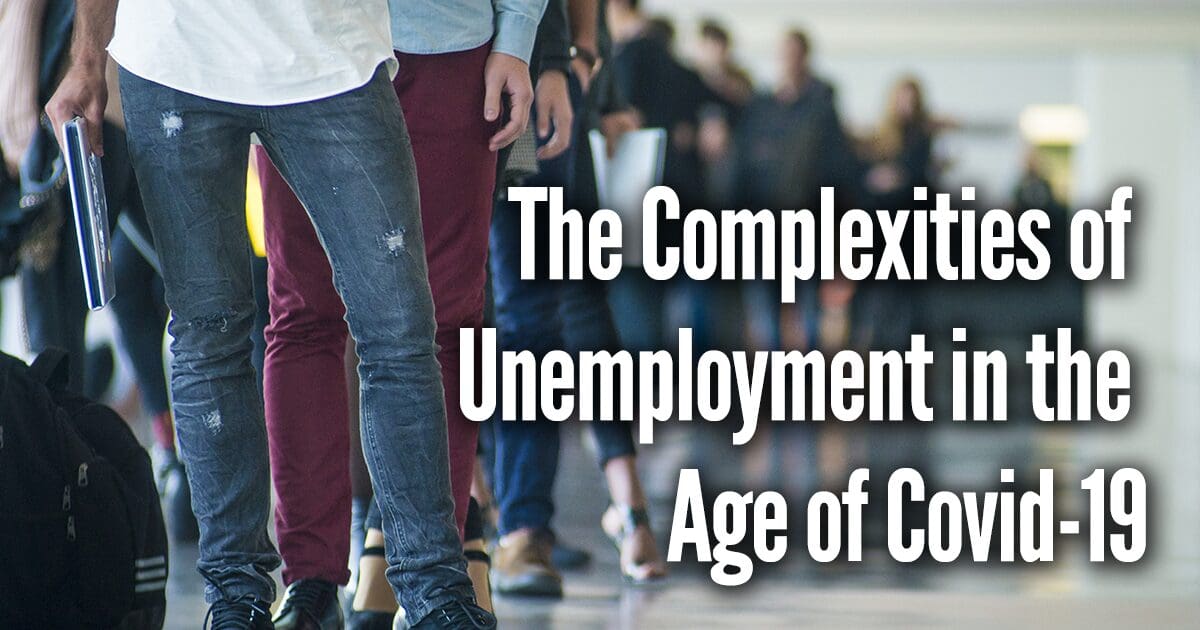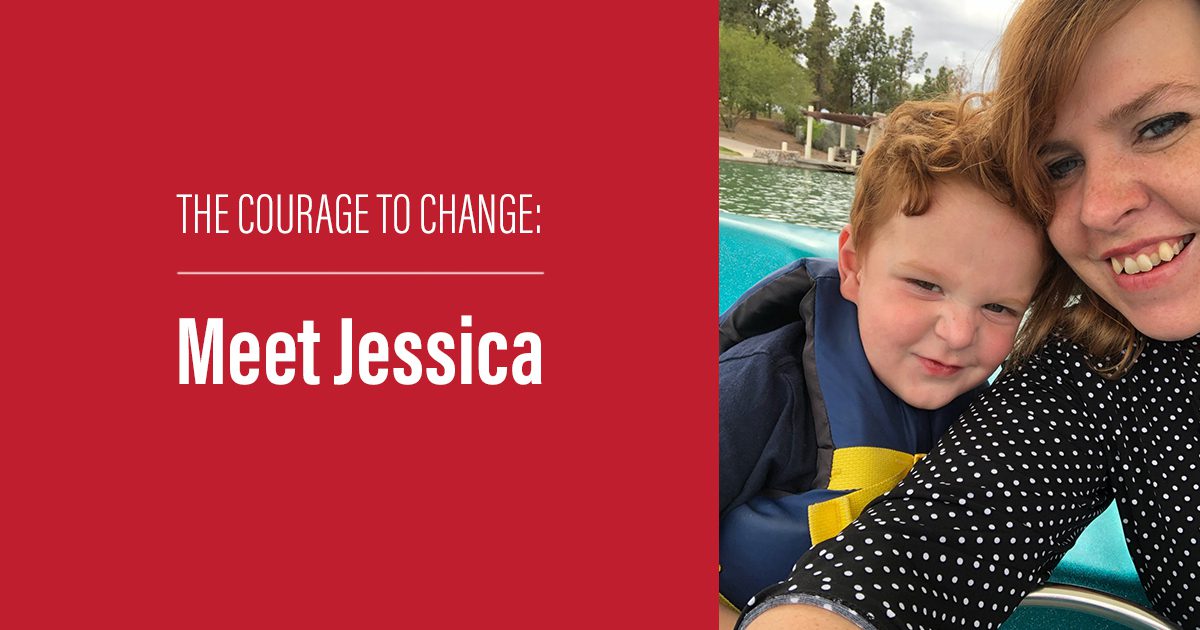The economic impact of the Covid-19 began taking a toll on the Phoenix-metro community immediately. Women face serious obstacles to employment with children home due to school closures and increased scarcity of childcare facilities, obstacles that continue four months later. As businesses slow down or close, many women have lost wages, been furloughed, or been let go entirely. Health concerns for high-risk individuals present a need to isolate for safety regardless of employment status. The uncertainty for many low-income women remains high.
Between March and June, 68 Live & Learn women have lost jobs due to Covid-19, and another 22 women have lost significant pay. These women are heading into their fourth month without income. For families living paycheck to paycheck, losing a quarter of a year’s wages is an enormous difficulty.
The federal Coronavirus Aid, Relief, and Economic Security (CARES) Act provided an expansion of unemployment benefits to mitigate the impact of Covid-19, but receiving those unemployment benefits has proved elusive for many. At Live & Learn, while 50 women have applied for support, only 22 of women have received unemployment benefits. Of those, only 14 have received the full amount of unemployment provided by the CARES Act.
Most women receive notice that their application for benefits has been denied for unexplained reasons.
Many Live & Learn women took a proactive approach and immediately started looking for new employment. By June, 24 of women who had lost their job due to Covid-19 had secured new employment, with another 31 women actively interviewing. Tasha, a single mom of three who lost her job as a pharmacy technician due to Covid-19, accepted a job that required a grueling six-week training program with limited pay. It required a long public transportation commute, but she was determined to get back on her feet.
As stay-at-home measures lift, returning to work is not an easy answer for many. Safe childcare options are scarce and childcare costs have more than tripled. Cheri, for example, a young single mother of two has the option to continue working at her job in a local bank, but she has struggled to find reliable childcare. “I might get my children accepted for three days one week, not at all the next week. I can’t know one week to the next,” she explains.
For others, the risk to the health of their family members weighs on their minds. Many women have children with risk factors, most prominently diabetes or asthma. Over half of women live in multi-generational households, with older family members adding to the worry over keeping the household isolated. Returning to work means calculating the risk of bringing the virus home.
Annelise needed to get back to work because the choice had come down to the risk of the virus or the risk posed by hunger. To lower the risk of the virus, she chose to ride a bike to work instead of taking the bus. Her bicycle commute takes three hours total each day, in the hot Phoenix sun.
“We need to understand, as our state moves forward with reopening, that these issues are incredibly complicated. Our approach has to take the whole-person into consideration: the health concerns, the welfare of the children, the realities of those living paycheck to paycheck,” says Live & Learn Executive Director Kristin Chatsworth.
Returning to work is not a simple or easy step for low-income women. As a community, we need to understand the issues involved if we are to find a path forward that leaves no one behind.



